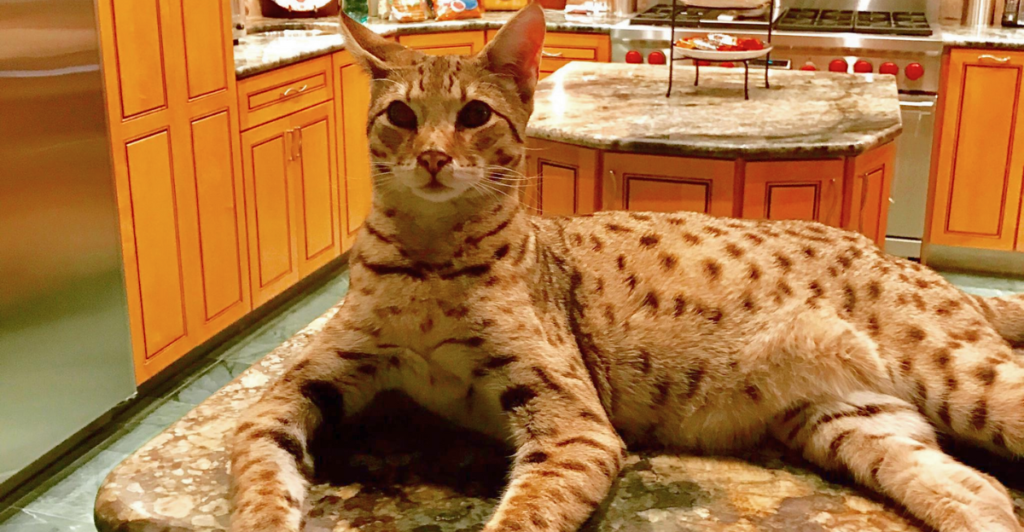
Cats have been domesticated for thousands of years — but not all felines are suited as household pets. Some breeds and species of wild cats retain strong instincts, and they require specialized care that most owners simply aren’t capable of providing. Their looks may be exotic, but their needs, habits, and legal restrictions render them unsuitable for domestication. Experts warn that owning these cats as pets is not only stressful for the animal, but also the owner. Here are 10 cat breeds and species that do not belong as pets.
1. Serval
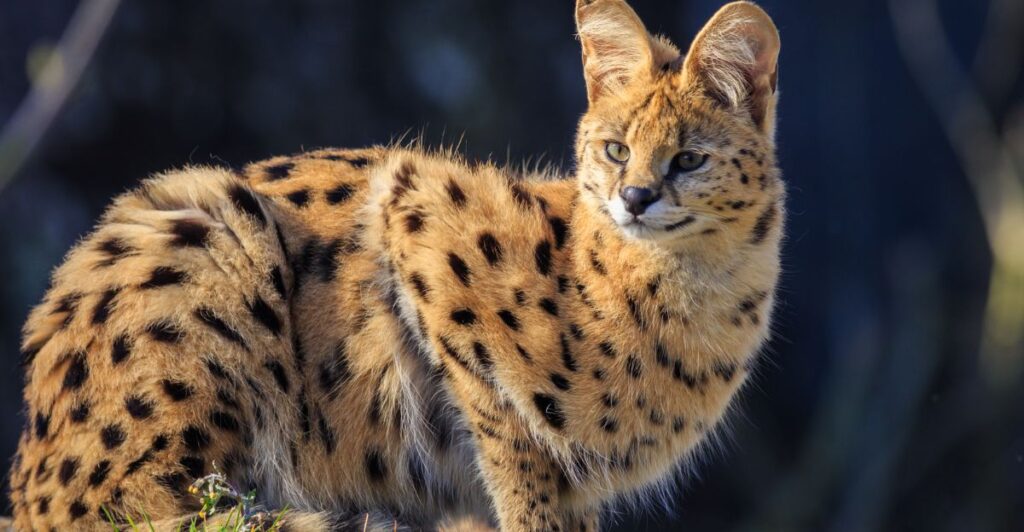
The serval is a wild African cat known for its long legs and incredible jumping abilities. Though they look exotic, they also have strong hunting instincts, loud vocalizations, and a propensity for marking their territory. They need a lot of space and a specialized diet, which are incompatible with most households.
2. Bengal Cat
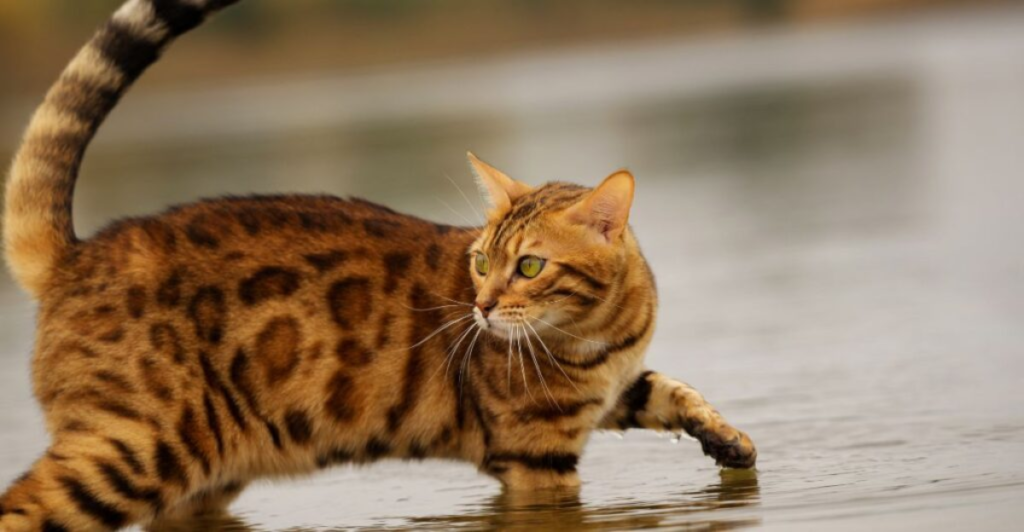
The Bengal cat is a hybrid between a domestic and an Asian leopard cat. They are very active and require regular mental and physical stimulation. They have a strong prey drive and territorial tendencies that make them very difficult to maintain in a typical home.
3. Caracal
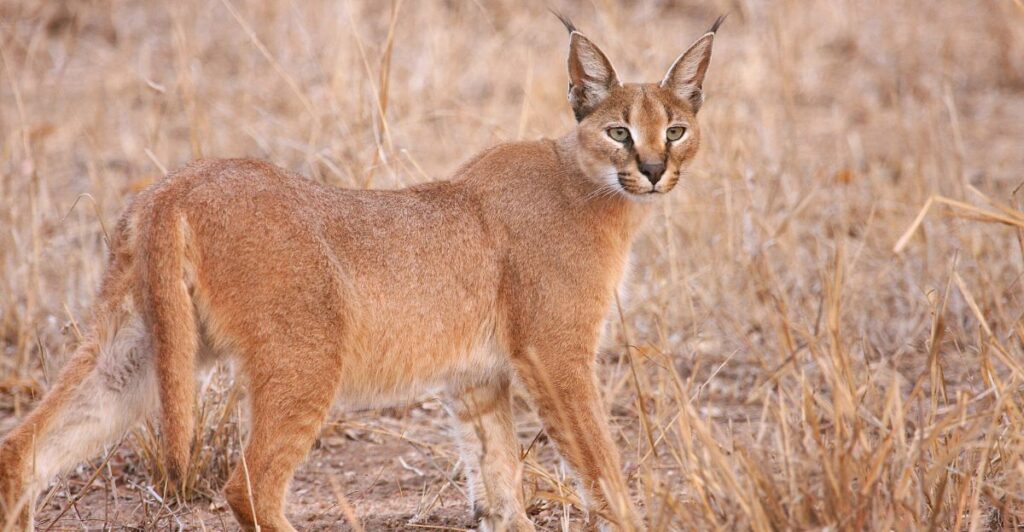
Caracals, known for their tufted ears and agility, are wild cats from Africa and the Middle East. They require large enclosures, whole-prey diets, and constant enrichment. Even when raised in captivity, they remain unpredictable and vocal.
4. Savannah Cat
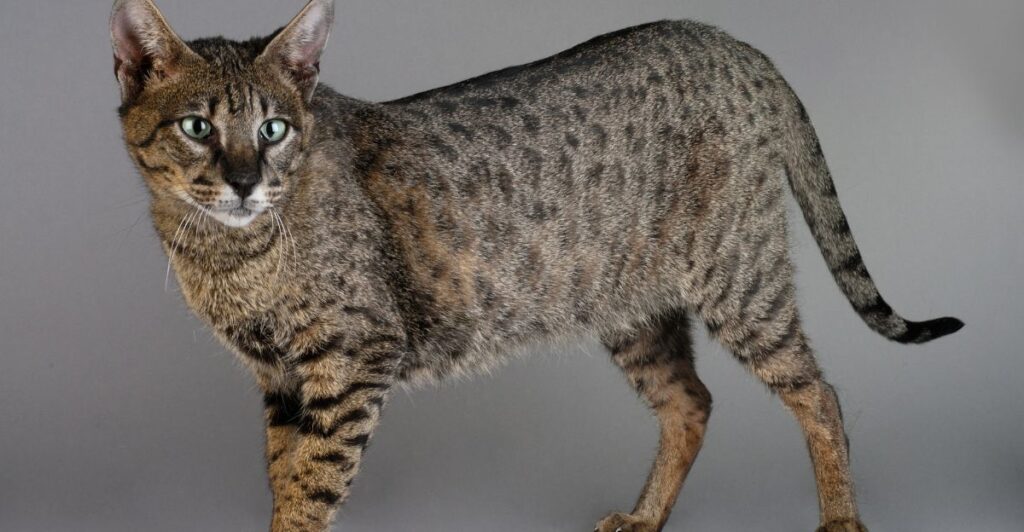
Savannah cats, a hybrid of servals and domestic cats, have a wild temperament. They’re very active, need lots of space, and can get destructive if bored. Because they are hybrids, ownership is restricted in some states.
5. Chausie
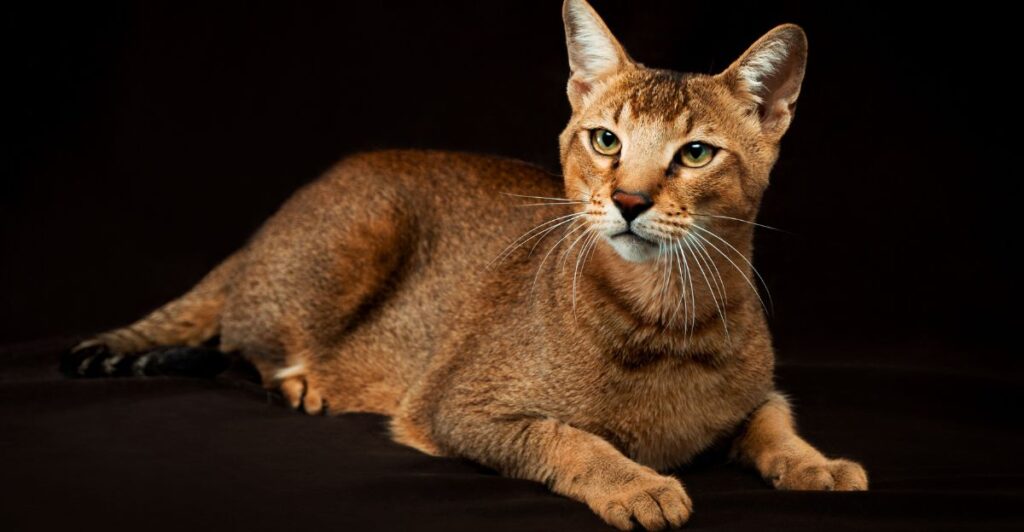
A hybrid of domestic cats and jungle cats, the Chausie is energetic, territorial, and prone to separation anxiety. Their wild ancestry makes them unpredictable, and they require constant stimulation to avoid destructive behavior.
6. Bobcat
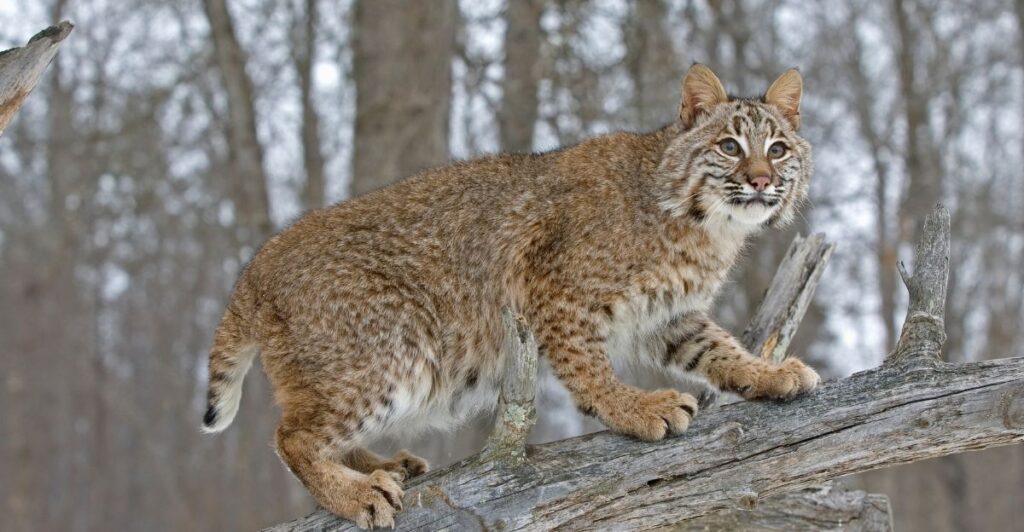
Bobcats are North American wild cats that require large territories and whole-prey diets. They are independent and dangerous, even when raised in captivity. Laws also tend to ban these animals, and they simply are not ideal pets because of their instinctual nature.
7. Lynx
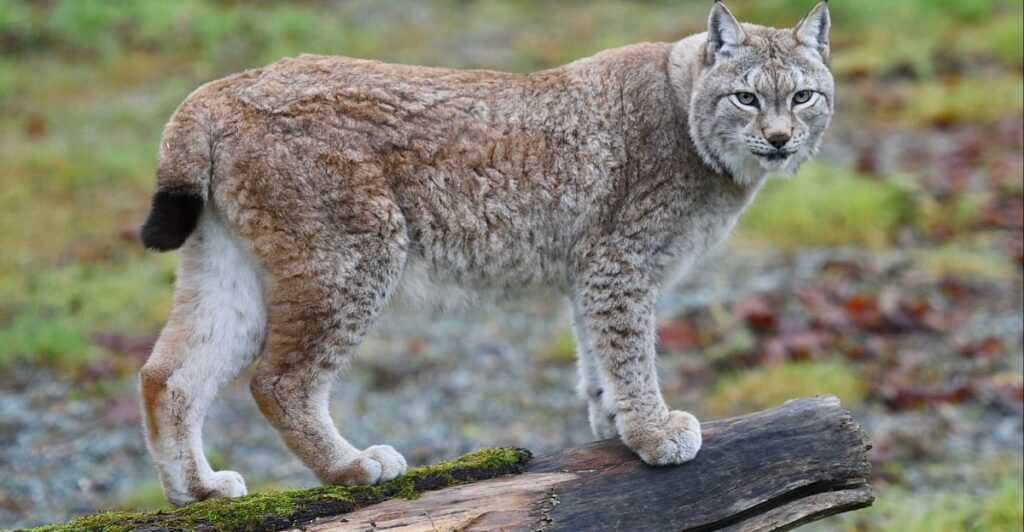
Lynxes are solitary, powerful hunters that need vast, frigid habitats. Because of their unpredictable behavior, high prey drive, and requirement for specialized care, they cannot be domesticated. Most regions prohibit private ownership.
8. Hybrid Leopard Cat Mixes
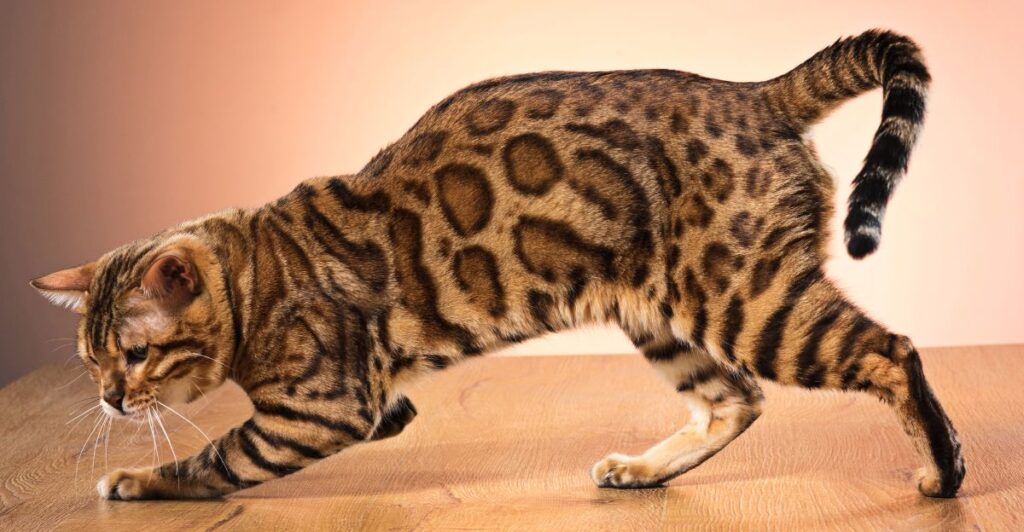
Cats bred from domestic cats and Asian leopard acts retain wild traits, making them difficult to train. Their high energy, territorial nature, and need for a complex environment make them poor pets for most households.
9. Ocelot
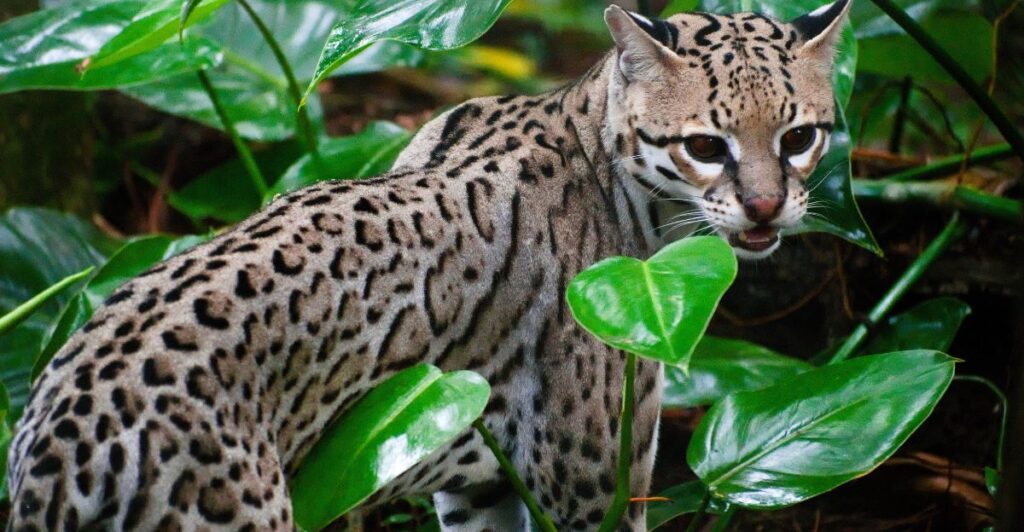
Ocelots are beautiful wild cats native to Central and South America, but they need dense, jungle-like habitats to thrive. Their need for live prey, loud vocalizations, and territorial behaviors make them unsuitable for domestication.
10. Jungle Cat
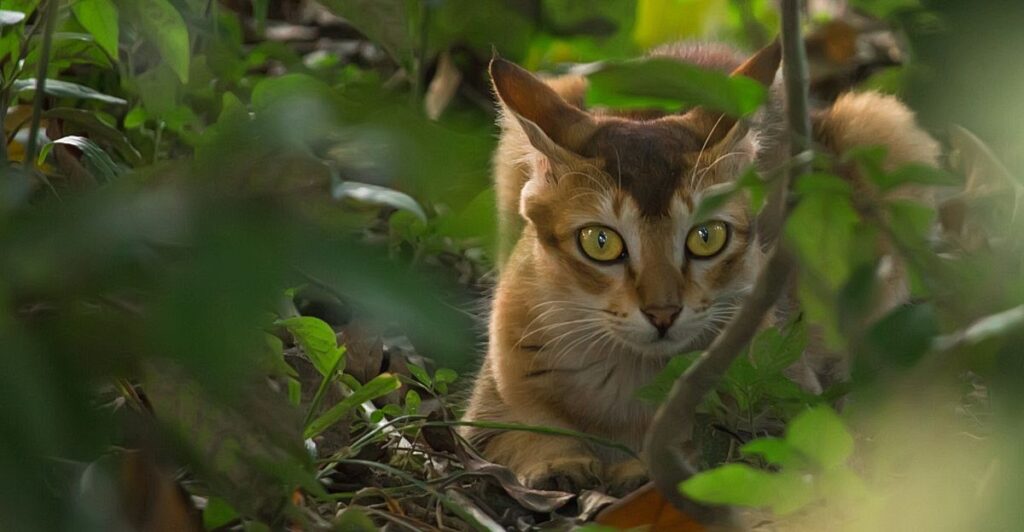
Jungle cats, native to Asia and the Middle East, are strong hunters with a fierce territorial drive. They require large outdoor spaces and fresh prey. When kept in captivity, they tend to become stressed and may show aggression, making them unsuitable pets.
Keeping Wild Cats as Pets: An Ethical Dilemma
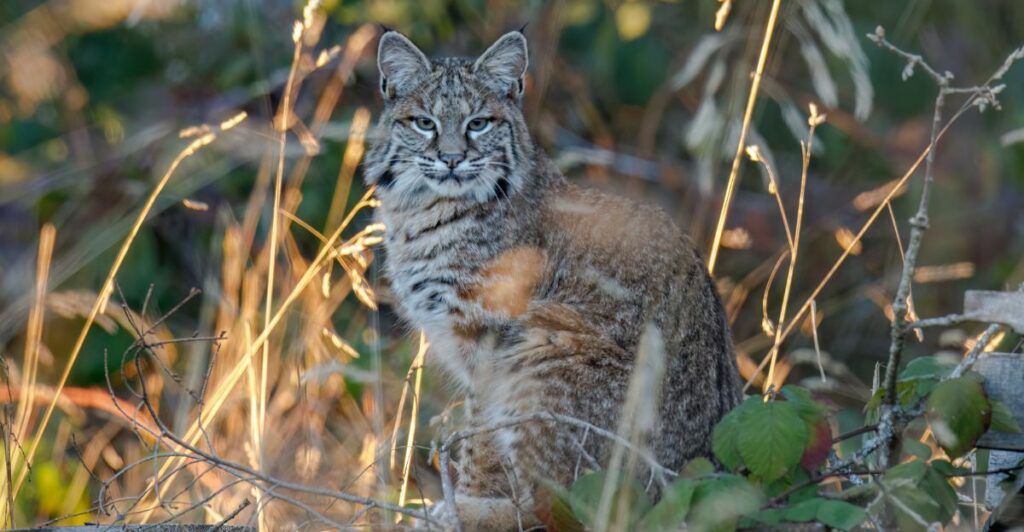
It is unethical to keep any wild cats as pets. Most species are at risk of losing their habitats, and the demand for exotic pets fuels illegal trade. A better way for people to appreciate these beautiful animals is to support conservation efforts and visit sanctuaries.
The Importance of Responsible Pet Ownership
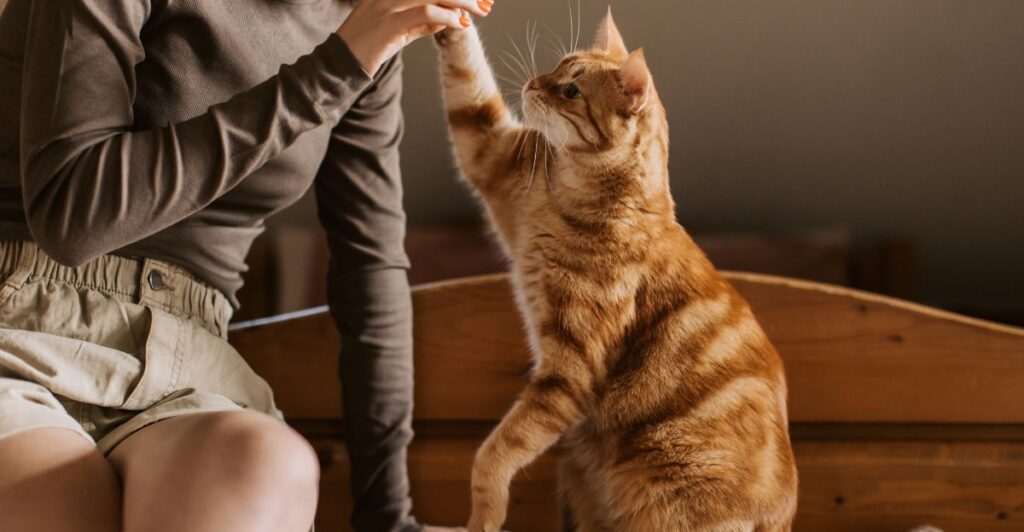
While exotic animals can be beautiful, it’s important to remember that true pet ownership requires a commitment to the well-being of the animal. Most species, wild cats in particular, have complex needs that are difficult to meet in a domestic setting. By choosing a pet that is well-suited to your lifestyle, you not only ensure a happy and healthy life for the animal but also contribute to the ethical treatment and protection if wildlife.







